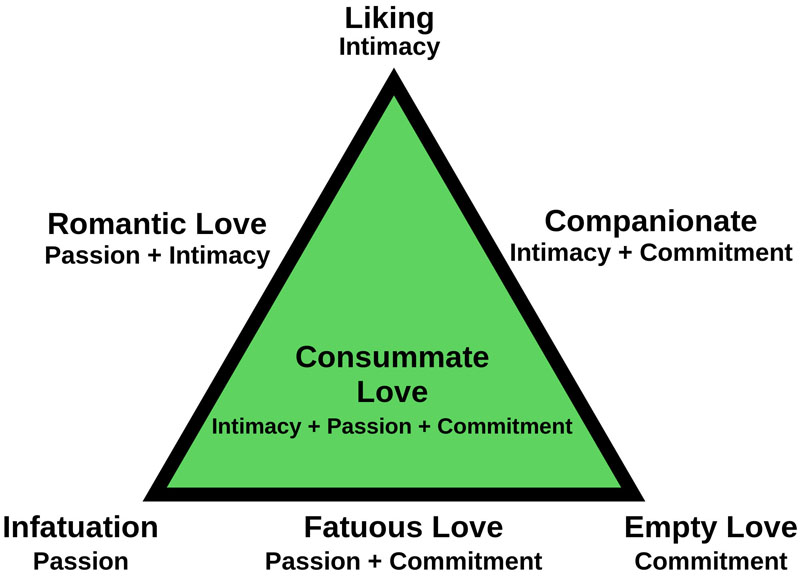Interpersonal Attraction
- The propinquity effect is a factor in creating interpersonal attraction. The more we see and interact with a person, the more likely he or she is to become our friend or sexual partner.
- The mere-exposure effect is a psychological phenomenon by which people tend to develop a preference for things merely because they are familiar with them.
- Intimacy generally refers to the feeling of being in a close personal association and belonging together. It is a familiar and very close affective connection with another as a result of a bond that is formed through knowledge and experience of the other.
- Self-disclosure is a process of communication by which one person reveals information about himself or herself to another.
- Reciprocity refers to responding to a positive action with another positive action, rewarding kind actions.
- Role theory is a perspective that considers most of everyday activity to be the acting out of socially defined categories (e.g., mother, manager, teacher).
- The three components of love, according to the triangular theory of love, are an intimacy component, a passion component, and a decision/commitment component.
